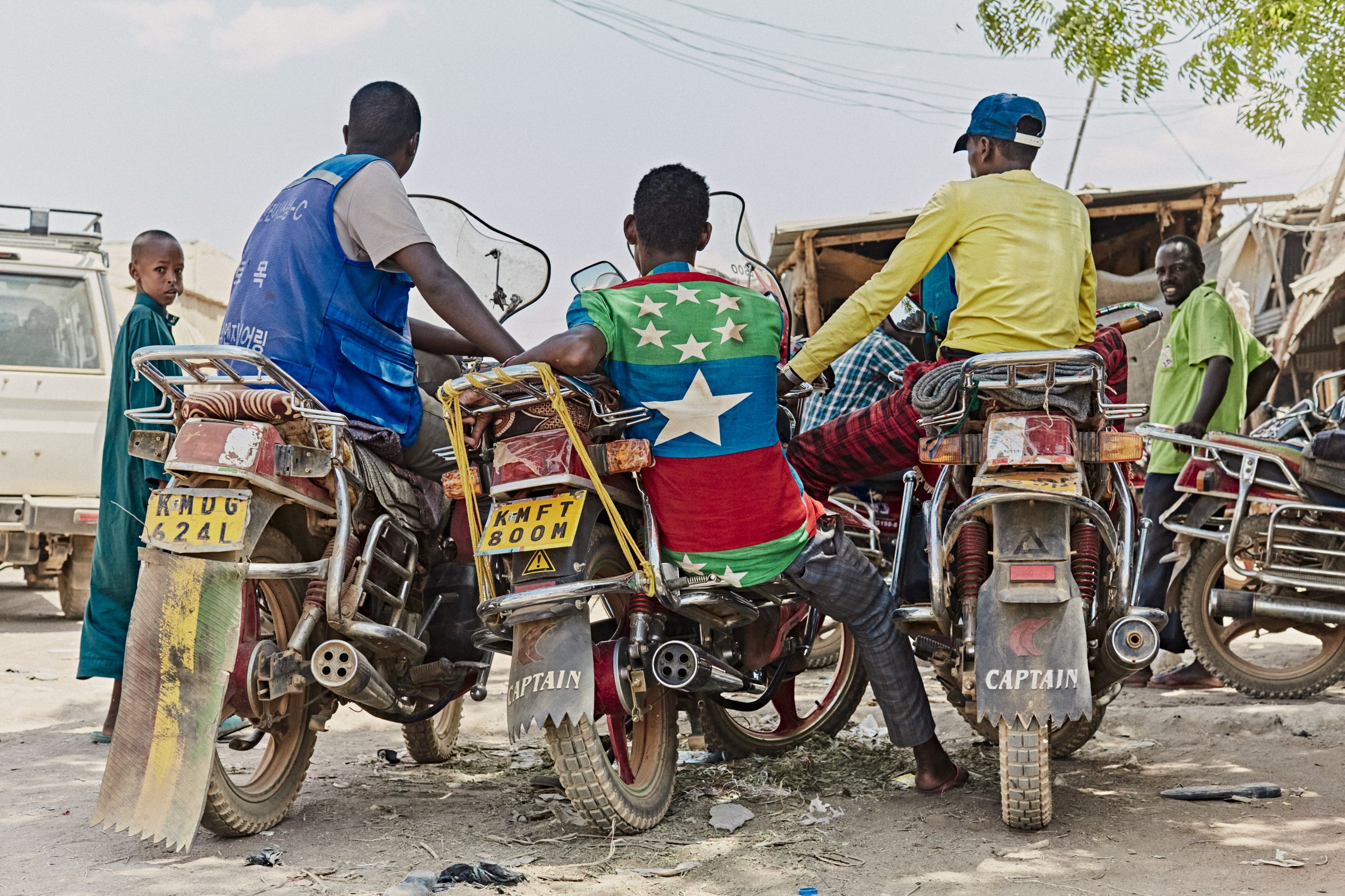October 2024
The Norwegian Refugee Council (NRC) has been present in Cameroon since 2017 as part of their mission to respond to the Southwest and Northwest(SW and NW) crisis. NRC’s project “Integrated Emergency Aid for Conflict-Affected Populations in the Northwest and Southwest Regions of Cameroon” focused on delivering multi-sectoral emergency assistance to communities in vulnerable situations, focusing on Internally Displaced Persons (IDPs).
Funded by USAID’s Bureau for Humanitarian Assistance (BHA), the project’s objectives align with the BHA’s mission of providing food and non-food international disaster aid to better support those in need of humanitarian assistance. NRC commissioned Samuel Hall to evaluate the success of their activities under the two phases of the projects entitled “Emergency Assistance and NFI Support for Vulnerable Communities Affected by Displacement in the Southwest and Northwest regions of Cameroon” from 2020 to 2022 and “Integrated Emergency Aid for Conflict-Affected Populations in the Northwest and Southwest Region of Cameroon” from 2022 to 2024.
Read full Report here.
Read More






